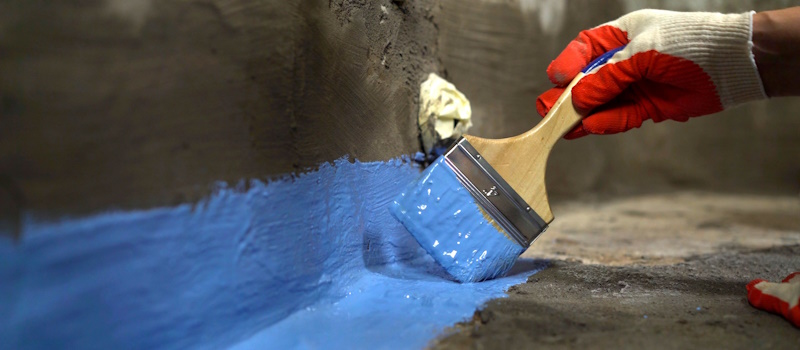Preparing Your Home for a Flood: What You Need To Know
Preparing Your Home for a Flood: What You Need To Know

Preparing Your Home for a Flood: What You Need To Know
No matter where you live in the United States, there's always a risk of flooding. Of course, those who live in known floodplains should take extra precautions to keep themselves and their properties safe—but because many factors can affect an area's flood risk at any given time, it's important that everybody educate themselves on flood preparation and safety. This way, if the threat of heavy rains and flooding arises, you'll be able to act quickly.
Specifically, there are a few things you can do to prepare your home and property for a potential flood, which could protect your belongings and save you from costly damage.
Waterproof Your Home
When flood waters rise, they may find their way into even the smallest nooks and crannies around your home. Basements are among the most common points of entry for flood water, so make sure you have a sump pump installed in your basement. Ideally, you'll also have a battery backup on your sump pump in case the power goes out.
Taking the time to seal gaps and cracks around your home is also a good idea. Check specifically around windows and door openings, as well as holes drilled for pipes and cables.
Clear Debris From Gutters
Your gutters play an important role in carrying rainwater safely away from your home and its foundation. When gutters are clogged, however, they cannot function effectively—which may lead to pooling water, roof leaks, and other damage. Cleaning out your gutters (or hiring a professional to clean them) at least once per year is a great way to make sure your home is prepared for heavy rainfall.
Protect Your Belongings
Your priority should always be to protect yourself and your loved ones when there's a threat of flooding. If you have time, however, you can also take some practical measures to keep your belongings safer from rising floodwaters. This includes moving valuable items to the highest level of your home as well as securing outdoor items (such as patio furniture and trash bins) by bringing them indoors.
Planning to evacuate? If you have time and if it's safe, you'll also want to shut off your utilities at their main switches. This could protect your home's major components and appliances from long-term damage, especially if your property floods or there is a power outage.
Check Your Flood Insurance Coverage
Now is also a good time to check your insurance coverage. Depending on where you live, you might even be required to carry flood insurance by your mortgage lender. Even if your property isn't vulnerable to flooding, FEMA's Flood Smart program recommends that all homeowners and renters carry flood protection for added peace of mind. After all, most traditional home and renter's insurance policies don't include coverage for flooding.
If you don't have flood insurance or if you haven't recently checked your coverage limits, get in touch with one of our local agents to make sure you're covered or request a quote.
